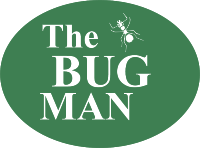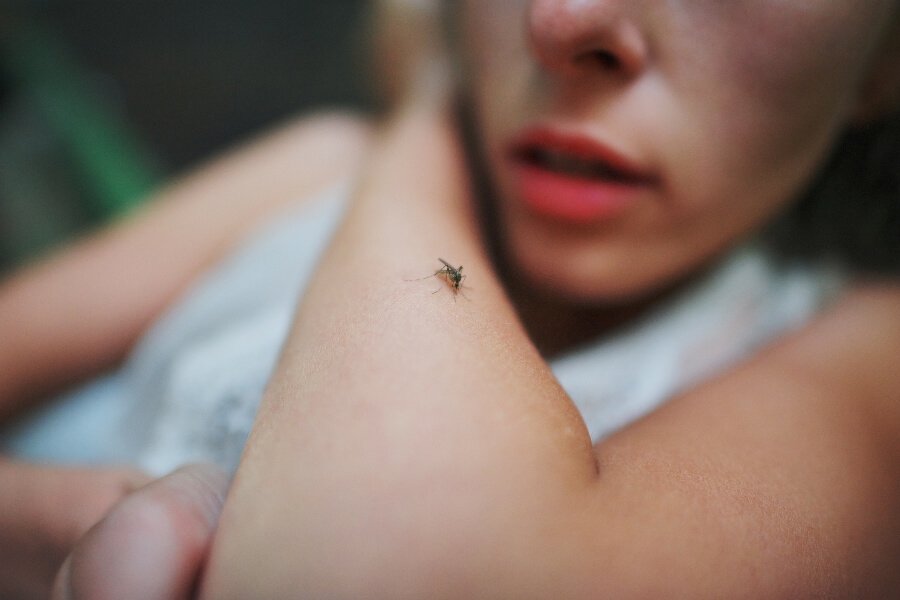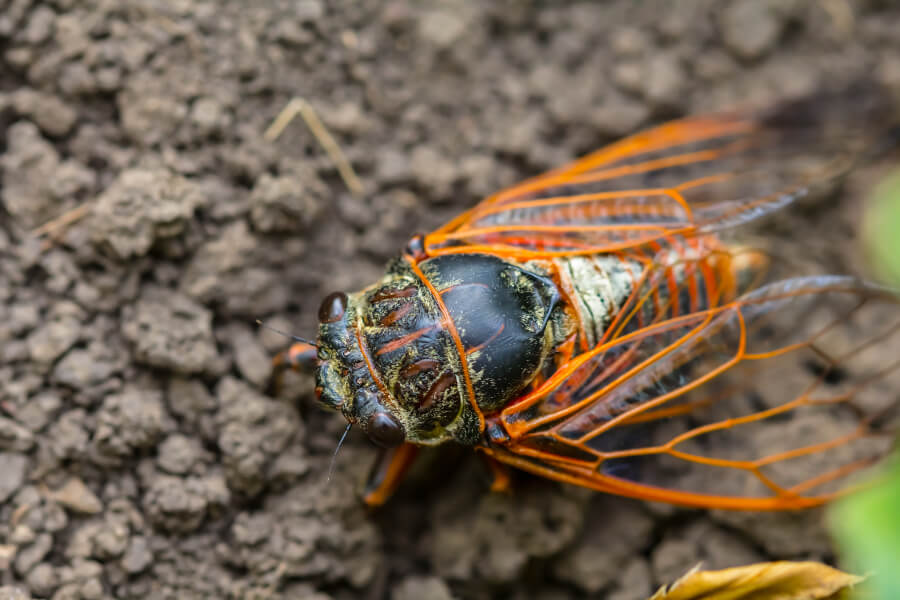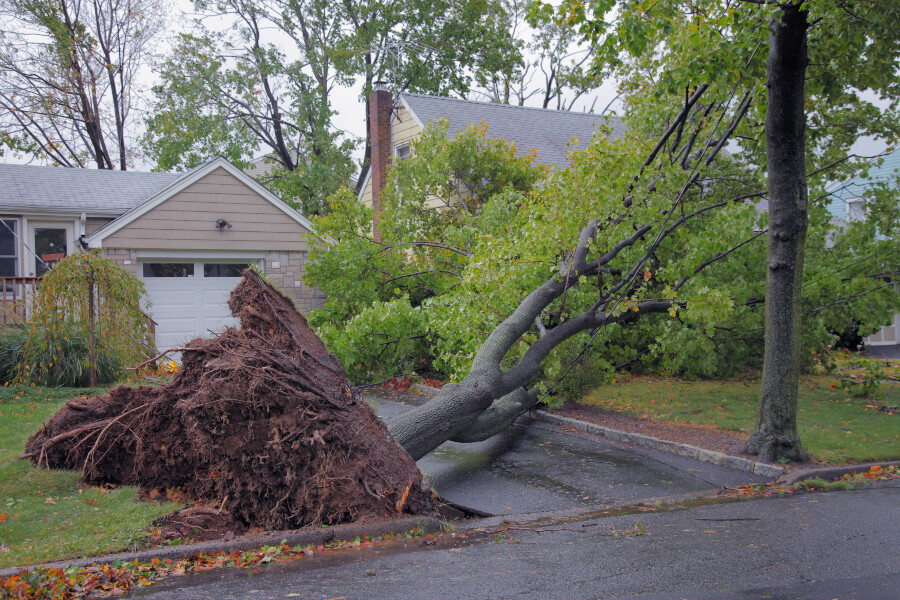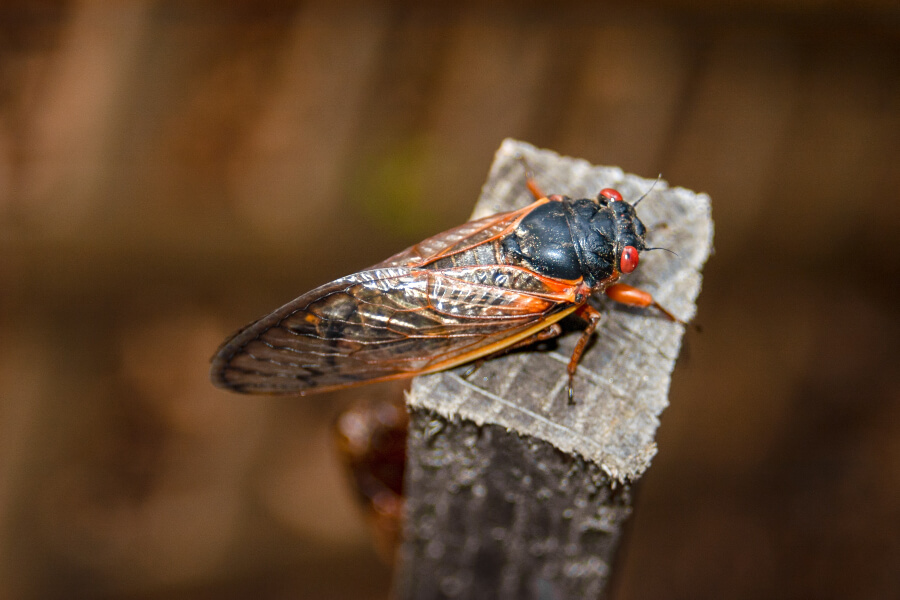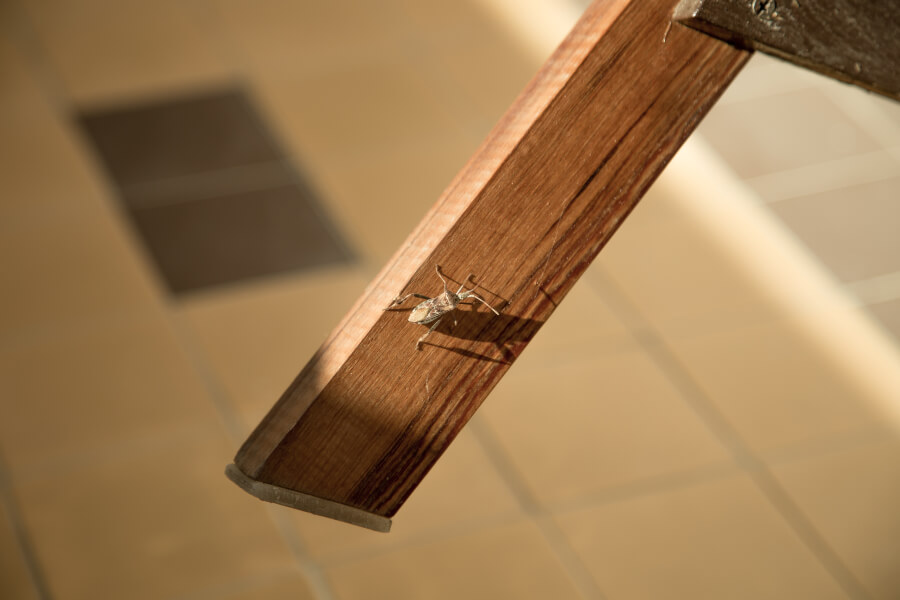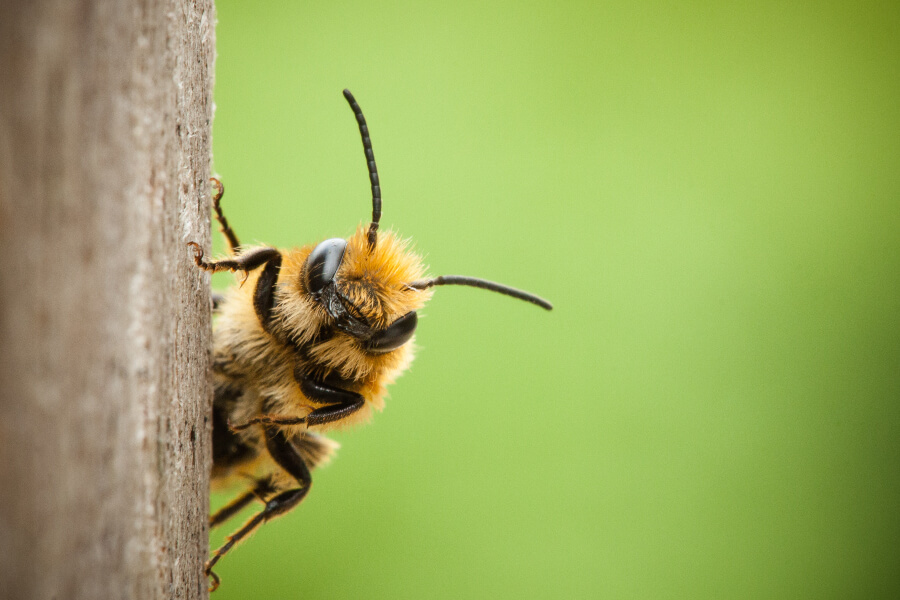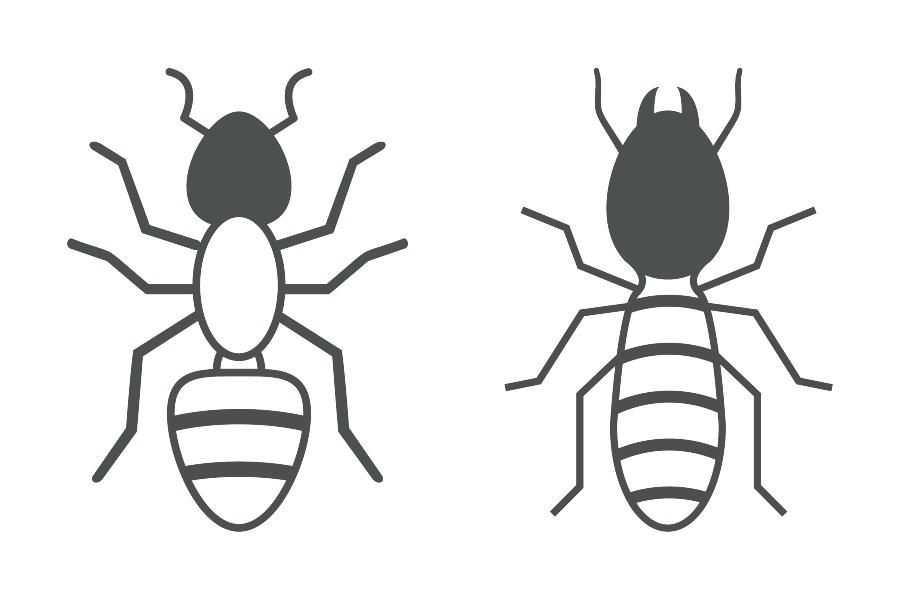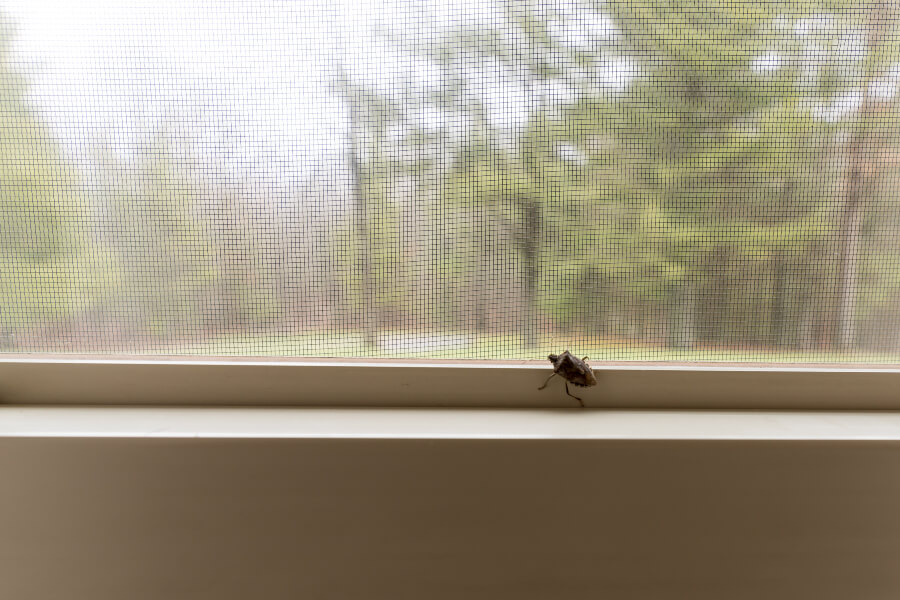Here are a few tips to help ward off the mosquitoes in your area.
To aid in the effort to keep your home bite-free, check for mosquito motels around your property. It doesn’t take long to scope out your property to look for potential mosquito hangouts.
If it’s not one thing, it’s another!
That short, yet succinct statement is true right now in Middle Tennessee. Especially in the area of cicadas vs. mosquitoes.
Since they only come around every 13 years, it seems like cicadas would be the biggest news in the bug world. However, due to a lot of rain and hot weather in April, those pesky pests called mosquitoes are making quite a big bite in the pest popularity contest. Literally!
To fight the bite, The Bug Man offers a mosquito management program during the summer months that is intended to help reduce the breeding and resting areas of mosquitoes around your property. Call (615.217.7284) or email (service@thebugman.us) our office for more information.
To aid in the effort to keep your home bite-free, check for mosquito motels around your property. It doesn’t take long to scope out your property to look for potential mosquito hangouts. Here are a few tips to help ward off the mosquitoes in your area.
- Dispose of old tires, tin cans, buckets, drums, bottles, plastic sheeting, or any water-holding containers.
- Clean debris from rain gutters to allow proper drainage.
- Fill in or drain low places (puddles, ruts) in yard.
- Keep drains, ditches, and culverts clean of weeds and trash so water can flow properly.
- Cover trash containers to keep out rain water.
- Check around outdoor faucets and air conditioner units and repair leaks or puddles.
- Empty plastic wading pools at least once per week and store indoors when not in use.
- Make sure your backyard pool is cared for while away from the home.
- Fill in tree holes and stumps that hold water with sand or cement
- Change the water in bird baths, plant pots, and drip trays at least once per week.
- Keep the grass cut short and shrubbery well trimmed around the house where adult mosquitoes may rest.
- Irrigate lawns and gardens carefully to prevent water from standing.
- Eliminate seepage from cisterns, cesspools, and septic tanks.
- Stock ornamental pools with top feeding predacious minnows.
- Check window and door screens on the home. Be sure they are in good condition to seal out mosquitoes.
- Wear light colored clothing, plus long sleeve shirts and long pants for extra protection.
- Use repellants on skin and clothing while outdoors.
